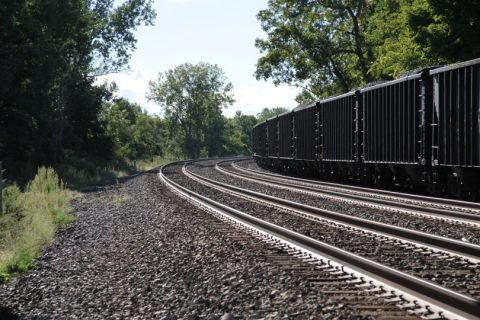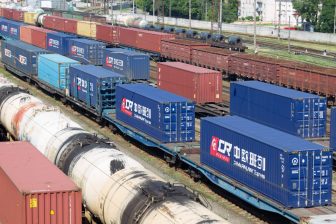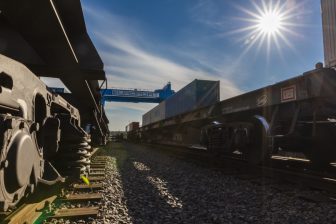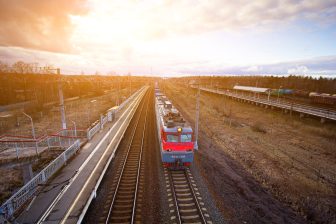
Latvia sees startling increase in transit cargo from Central Asia
Photo: Pixabay. Rob Willhoft.
Cargo turnover at Latvian ports reached 23,58 million tonnes in the first half of 2022, an increase of 15,2 per cent compared to 2021 and equivalent to 3,1 million tonnes of cargo. This increase was mainly due to rail transit cargo from Kazakhstan, especially coal.
Do you want to read the full article?
Thank you for visiting RailFreight.com. Become a member of RailFreight Premium and get full access to all our premium content.
Are you already a member?
Having problems logging in? Call +31(0)10 280 1000 or send an email to customerdesk@promedia.nl.




